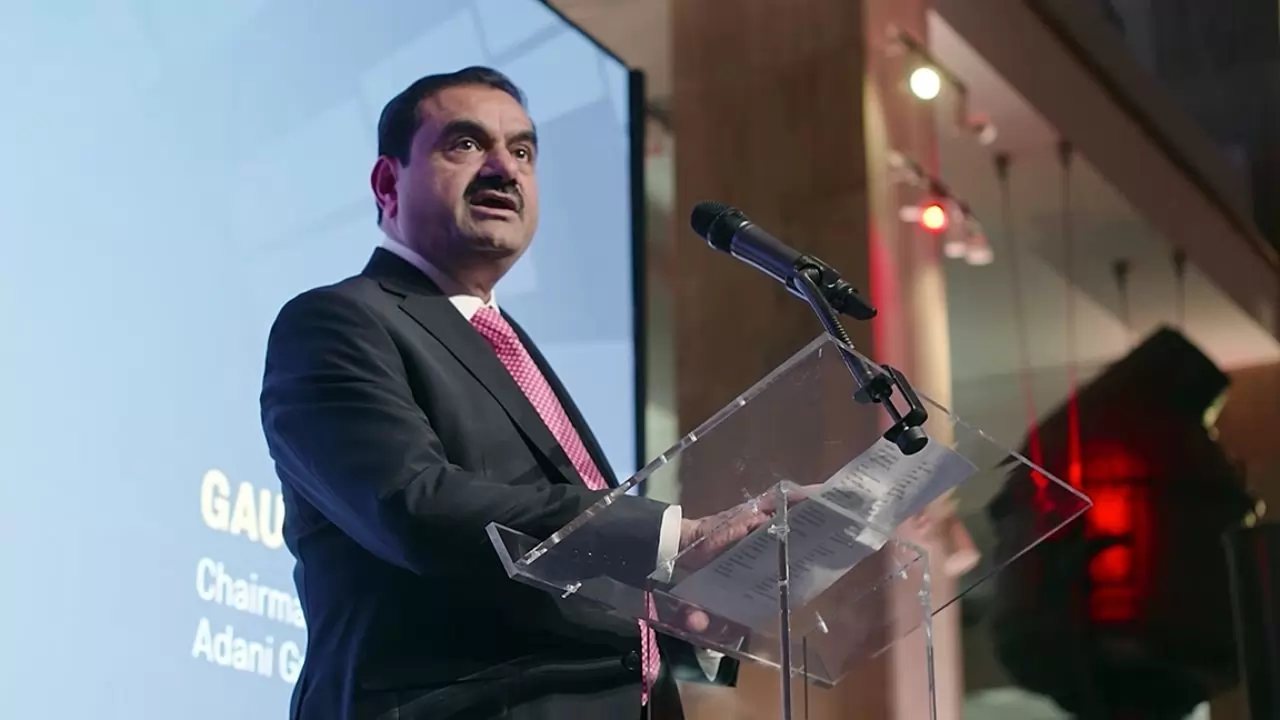
ANI
Gautam Adani, in his addressal to the share holders on Monday said that foreign short-seller Hindenburg Research’s was published with an aim to defame the image and erode the group’s hard-earned market value. The statement from the conglomerate came during his address at the Adani Group’s Annual General Meeting 2024. He also highlighted that despite the Hindenburg report and its aftermath, the group has successfully raise Rs 40,000 crore.
#WATCH | Adani Group Chairman Gautam Adani addresses shareholders during the annual general meeting of Adani Enterprises Ltd
He says, "We were faced with baseless accusations
made by a foreign short seller that questioned our decades of hard work. In the face of an unprecedented… pic.twitter.com/2Pj4hNxdgN— ANI (@ANI) June 24, 2024
Adani said that the group has faced baseless accusations. Despite facing an unprecedented attack on integrity and reputation of the company, we fought back and proved that no challenge could become the foundation on which your group has been established.
He further added, “These foundations happen to be our three core values, courage to withstand trust in our capabilities and commitment to our purpose. These values were established in 2012 and have continued to become more relevant with every passing year. My dear shareholders, typical short sellers target gains from a financial market. This was different. It was a two-sided attack, a vague criticism of our financial standing and at the same time an information distortions campaign dragging us into a political battlefield. The attack was a calculated strike two days before the closing of our follow-up on the public offer, amplified by a segment of wasted media. It was designed to defame us, do maximum damage and erode our hard-earned market value..."
Additionally, Adani said that their choice to reimburse the investors for the money they had been paid for FPO was proof of their devotion to their investors and their adherence to moral business conduct. He claimed that under such hard times, the majority of businesses would have failed, but their liquidity ended up being their most valuable asset.
The conglomerate's wealthy founder claimed that even though they had never experienced difficulties repaying debt, they made the decision to reduce their debt to EBITDA ratio to 2.5x in just six months. It is currently significantly lower, at 2.2x. He informed the shareholders that "this approach has increased our headroom for future expansion and strengthened our financial resilience."





Copyright © 2026 Top Indian News
